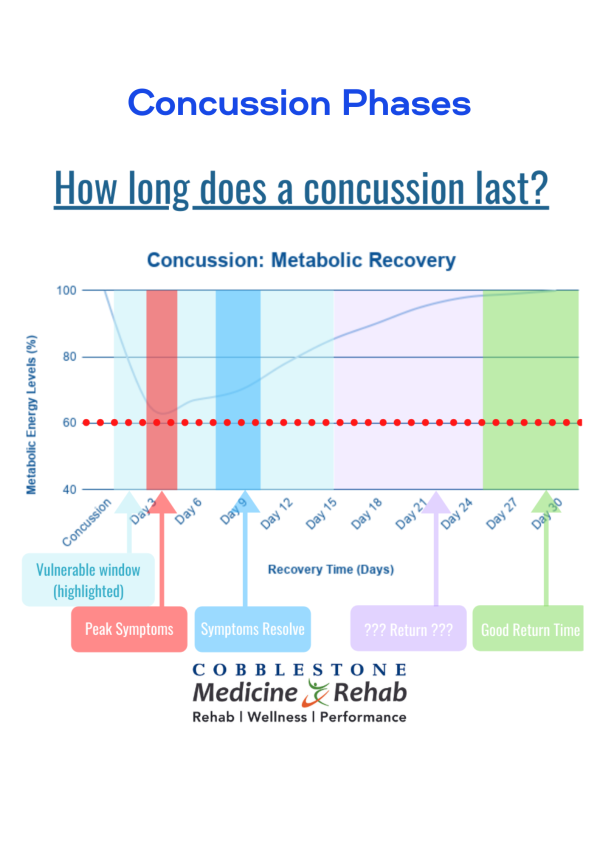What is an Acute Concussion?
An acute concussion is a type of traumatic brain injury (TBI) that typically occurs as a result of a blow to the head or body, causing the brain to move rapidly within the skull. This sudden movement can lead to various physiological changes in the brain, such as chemical imbalances and alterations in neural activity.
Common causes of acute concussions include car accidents, falls, sports-related injuries, and physical assaults. It’s important to note that concussions can occur without a direct impact to the head if there is a forceful jolt to the body that causes the head to move rapidly.
It’s crucial to seek medical attention if someone is suspected of having a concussion. A healthcare professional can assess the severity of the injury, provide appropriate treatment recommendations, and advise on the necessary rest and recovery measures.
The management of concussions often involves cognitive and physical rest during the initial stages. Gradual reintroduction of activities and monitoring of symptoms are essential for a safe and effective recovery. In some cases, more severe concussions may require specialized medical care.
It’s worth noting that repeated concussions can have cumulative and potentially long-term effects on brain health, emphasizing the importance of proper management and prevention strategies, especially in contact sports and high-risk activities. Always consult with healthcare professionals for personalized advice and care regarding concussion injuries.

Symptoms of Acute Concussion
May vary, but may include:
- Headache
- Confusion
- Dizziness or lightheadedness
- Nausea or vomiting
- Fatigue
- Blurred or double vision
- Sensitivity to light or noise
- Difficulty concentrating or remembering
Proactive Care
The prevailing approach for concussion management is a “wait-and-see” strategy, hoping that post-concussive symptoms will naturally subside. This is a critical error. There are numerous proactive interventions available during the acute and post-acute phases that can accelerate recovery and minimize the likelihood of negative consequences. This is Cobblestone Medicine and Rehab’s area of expertise. Our clinic offers advanced, evidence-based interventions that are proactive in nature, effectively mitigating the risks associated with concussions.
Timely Access to Care Improves Outcomes
2 Times Faster

Athletes seen in the first seven days after injury are ready to play nearly 2x faster than those seen later (Emery, 2021).
20 Days Sooner

When athletes are seen the first seven days after recovery, their Return-to-Play time is 20 days sooner on average (Kontos, 2020).
10 Times Higher Risk
Athletes seen after the first week have a 10x higher risk of prolonged recovery than those seen in the first week (Eagle, 2020).

